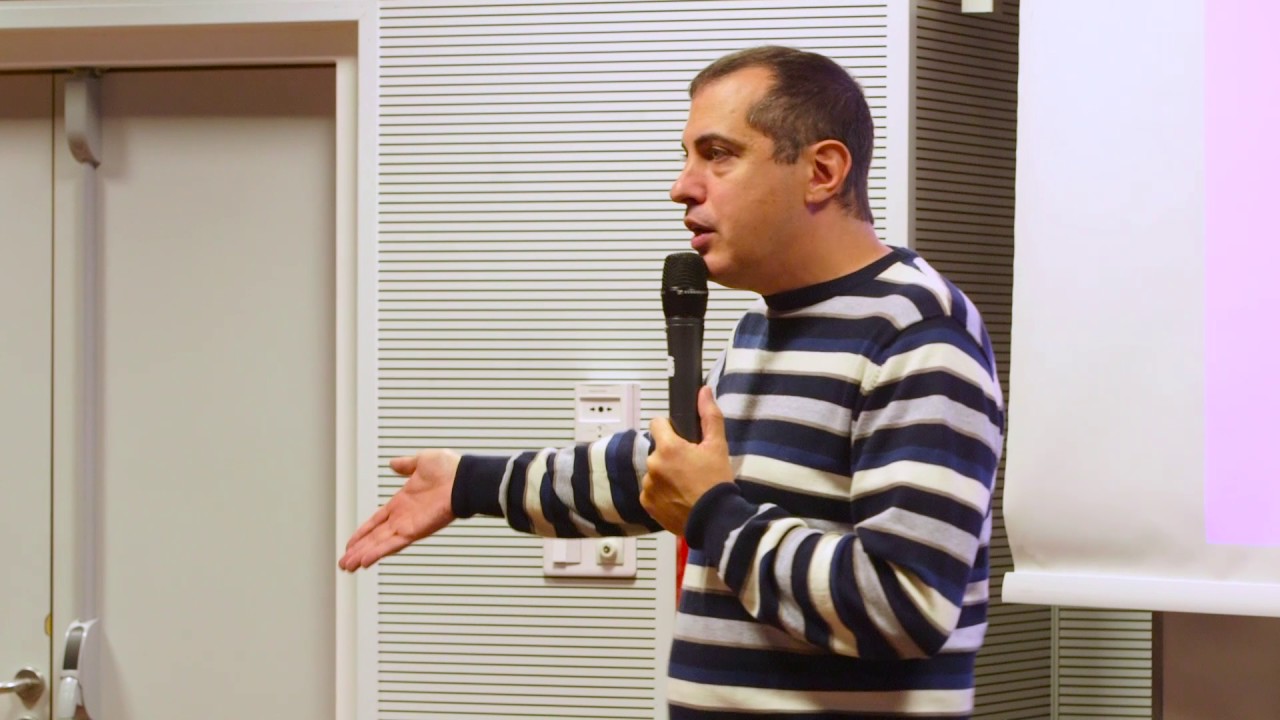Keywords/phrases: Quantum cryptography, quantum cryptoanalysis, quantum computing. Bitcoin uses SHA-256. In cryptography there is a 20-30 year lifecycle for an algorithm before it gets exceeded by new technologies and developments in mathematics. Both the signing and hashing algorithms can be upgraded in Bitcoin if there is a need to do that. Quantum cryptography represents a threat only if unevenly distributed in commercial sectors. If it is available to only one actor, and not all actors, they are unlikely to use it against Bitcoin; instead they’re going to keep it secret and use it when they’re threatened by ex. cryptographically secure nuclear weapons. Intelligence agencies who have that kind of significant computing advantage don’t use it until there is a dire emergency, because once you use it everyone will know you have it. After that all the algorithms get changed, so you better make it good. If it is widely available, all the miners update to quantum computers and we’re going to be looking at several orders of magnitude in improvement, because running one is neither free nor easy. We don’t know what the economics will be yet, but we will solve problems when it’s necessary.
Corporations and governments are not going to be happy with Bitcoin. Kings were not happy and yet the revolution happened anyway. Bitcoin is a global and technological revolution. They have adapted to new technologies for hundreds of years. The fact that they won’t be happy doesn’t concern me, because Bitcoin is a system that doesn’t require their permission, approval, or cooperation. They can pretend it’s going away but it isn’t. We can talk all day about whether the government should or shouldn’t regulate Bitcoin, but the real question is whether they can. They can regulate at the edge, the behaviour of users, but they can’t regulate Bitcoin itself. Bitcoin is exciting because it introduces a new choice; it’s not saying you can’t do the old way (hierarchical central banking, border-restricted jurisdictions for currencies ), it’s saying we can also do this.
source











I was at a conference
Today and one of the university professors mentioned his son and his friend both 15,years old purchased the parts needed for making the super computer in Japan? !!!!
Couldn’t large nations such as the USA already be covertly hoarding as much bitcoin as possible? Could the NSA carry out the worlds largest covert mining/insider trading operations to hack, mine and trade their way to be the dominant holder of btc and thus have massive influence/control over the btc price? And If they do that, then they would have converted bitcoin back into a manipulated and centrally controlled currency. Keeping the status quo? Why wouldn’t they quash the threat that way? And if they did that would we be able to find the evidence?
Thats not really what Quantum Encryption is like
I love andreas, but this was the least convincing response I have ever seen him give.
rough crowd lol ~ I was laughing …
Great response. I was thinking very much the same thing when asking myself this question.
didn't realize the Hamburgler knew so much about bitcoin.
I think people are missing something very important. Today we encrypt our data using binary computers. In the quantum era we will use quantum computers to encrypt the data. Is not like only the bad guys will have the good stuff…
What about AI? Can not that have a effect on the blockchain? Has anyone ever posed this question to AI and have them run it against each other?
To central banks, bitcoin/crypto will be the dire emergency.
They better hurry up with the post quantum crypto..
I think you underestimate the speed of the matter in which quantum computing is developing.
with less than 2000 good qubits, a quantum computer could create every possible wallet address and exploit exchanges, similar to recent etherium scandal.
Great content! Bitcoin is actually pretty simple and easy to use if its broken down properly.
his voice sounds so much like Christopher Waltz.
These guys both have it wrong. The hashing doesn't need to change. Quantum computers are not exponentially better at hashing, and in fact there is a chance that asics are still better. The real issue with Quantum computers is that ESCDSA is compromised. We can't use public and private key encryption, which is one of the foundation blocks (pun intended) of bitcoin. Quantum computers will be able to guess the private keys we use to spend everybody's funds, it's what they're extremely good at.
What they are doing is NOT "quantum" any more than believing it is making it so. :-/ consider carefully what quantum entails, the definition does not meet their criteria.
changing Algo sounds soo easy, BTC miner is being very stubborn upgrading into Segwit.
I am admittedly not smart enough to understand the math and technicalities behind these claims but perhaps some of you readers are. It seems that Iota with their Directed Acyclic Graph (DAG) named the Tangle are already taking extensive precautions to protect themselves from quantum computing attacks.
Their system is also very scalable and becomes faster as it grows.
This is from their whitepaper:
4.3 Resistance to quantum computations
It is known that a (today still hypothetical) sufficiently large quantum computer can be very efficient for handling problems where only way to solve it is to guess answers repeatedly and check them. The process of finding a nonce in order to generate a Bitcoin block is a good example of such a problem. As of today, in average one must check around 268 nonces to find a suitable hash that allows to generate a block. It is known (see e.g. [13]) that a quantum computer would need Θ(√N) operations to solve a problem of the above sort that needs Θ(N) operations on a classical computer. Therefore, a quantum computer would be around √2 68 = 234 ≈ 17 billion times more efficient in Bitcoin mining than a classical one.
Also, it is worth noting that if blockchain does not increase its difficulty in response to increased hashing power, that would lead to increased rate of orphaned blocks. Observe that, for the same reason, the “large weight” attack described above would also be much more efficient on a quantum computer. However, capping the weight from above (as suggested in Section 4) would effectively fence off a quantum computer attack as well, due to the following reason. In iota, the number of nonces that one needs to check in order to find a suitable hash for issuing a transaction is not so huge, it is only around 38. The gain of efficiency for an “ideal” quantum computer would be therefore of order 34 = 81, which is already quite acceptable (also, remember that Θ(√N) could easily mean 10√N or so). Also, the algorithm is such that the time to find a nonce is not much larger than the time needed for other tasks necessary to issue a transaction, and the latter part is much more resistant against quantum computing.
Therefore, the above discussion suggests that the tangle provides a much better protection against an adversary with a quantum computer compared to the (Bitcoin) blockchain.
Peter Schiff is having a Bitcoin vs Gold debate… you should reach out to him!! it would be nice to have 2 heavyweights debating 2 stores of value that are coming to a head!!
"Governments/Industry won't be happy" …..
GOOD! Since when do we go around trying to appease 'masters'? Free your minds, folks!
I died at quaSHAntum!
dat Ethereum coin tho!
i really enjoy your speeches
I don't know if you read these but what do you think of Bread Wallet? Also is it safe to print a paper wallet or is it possible you can have that history compromised even after clearing history?